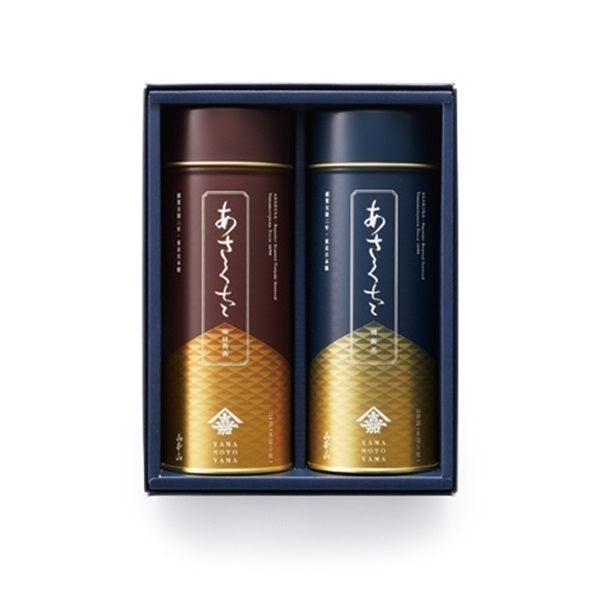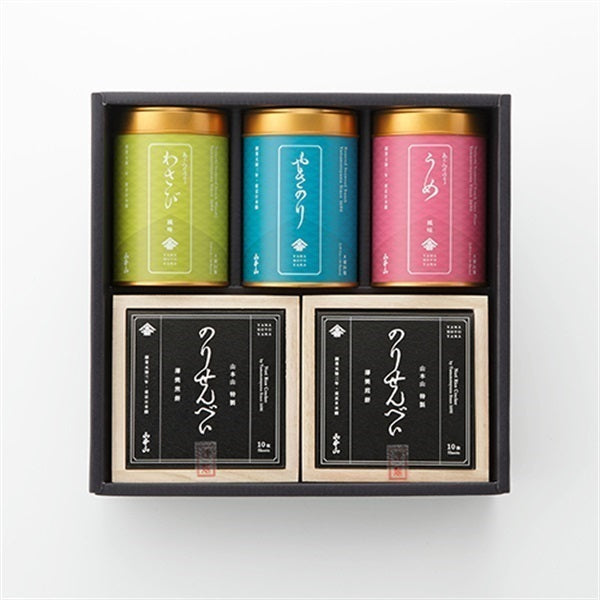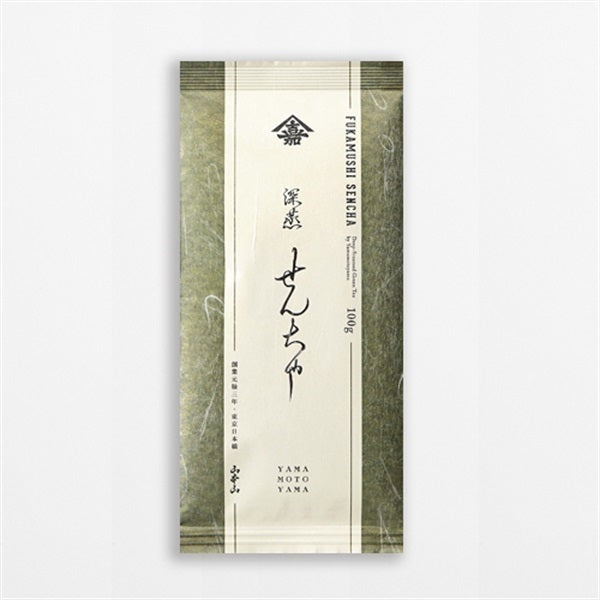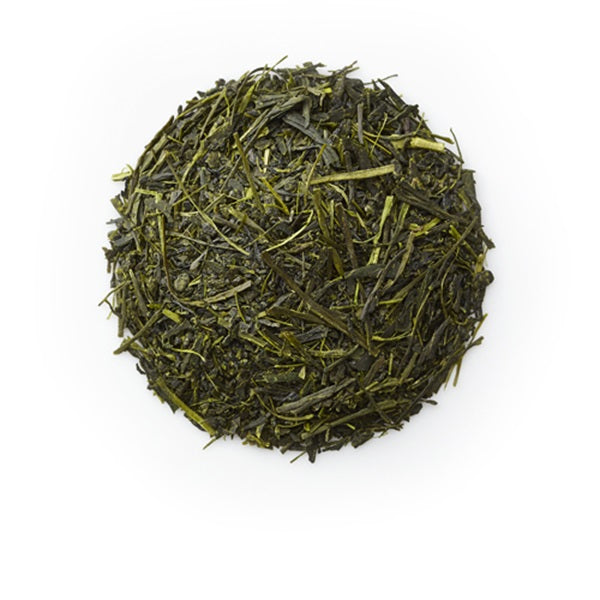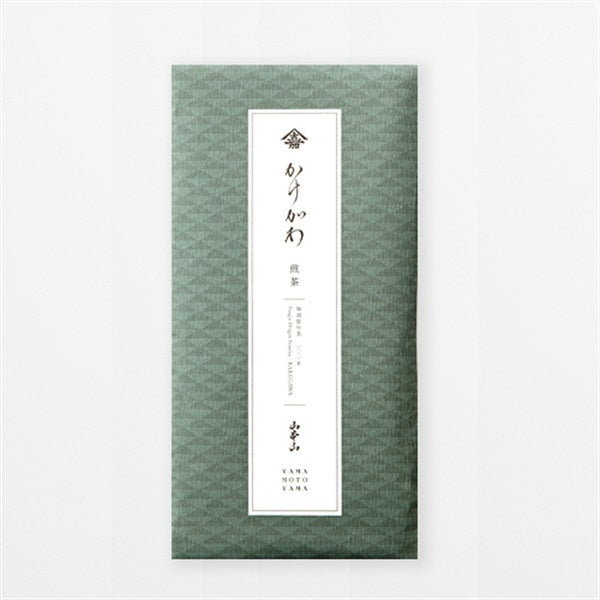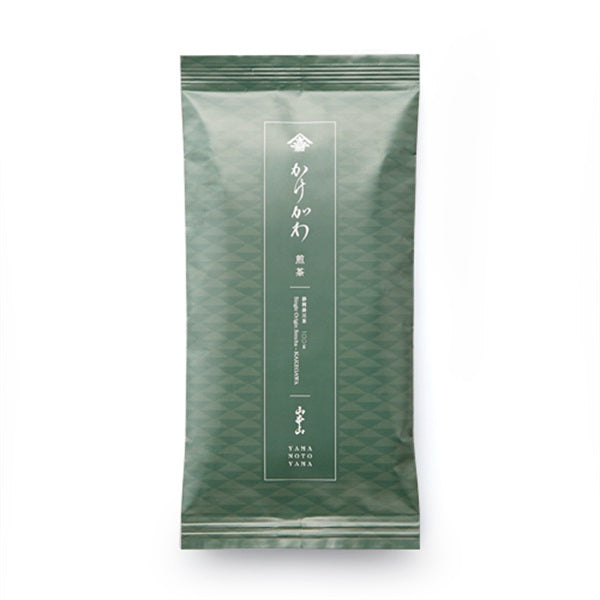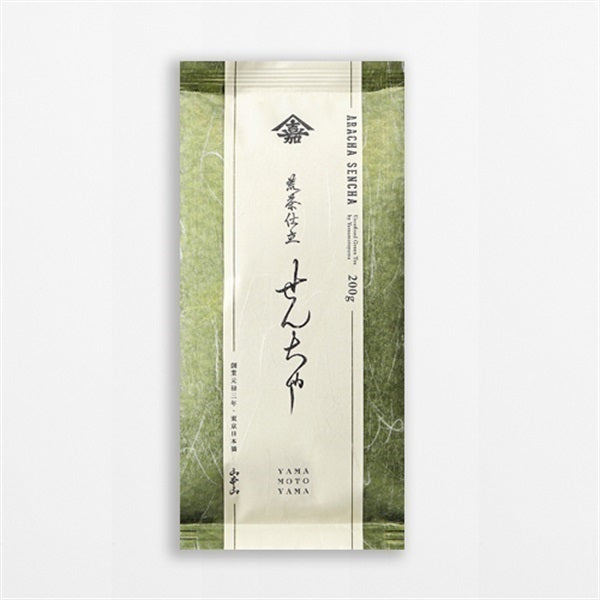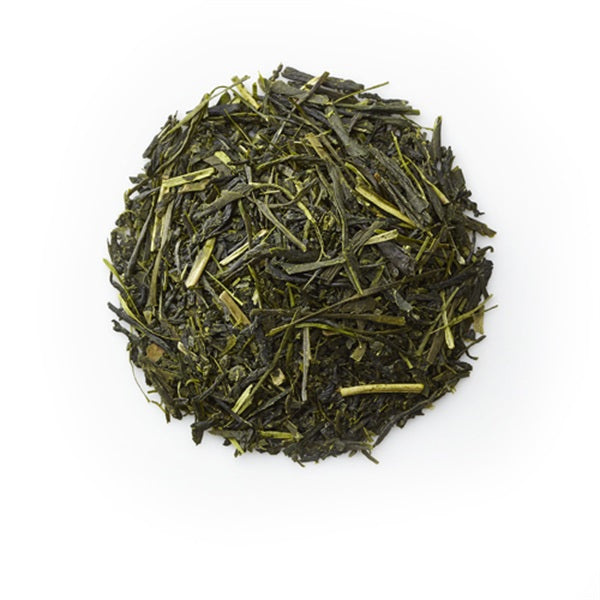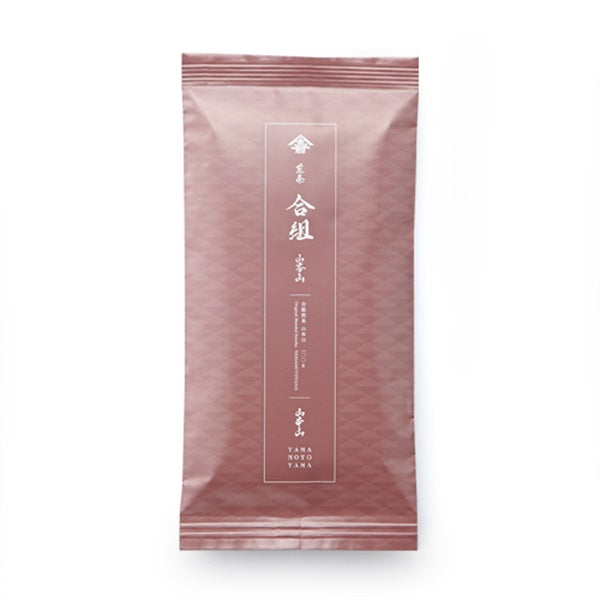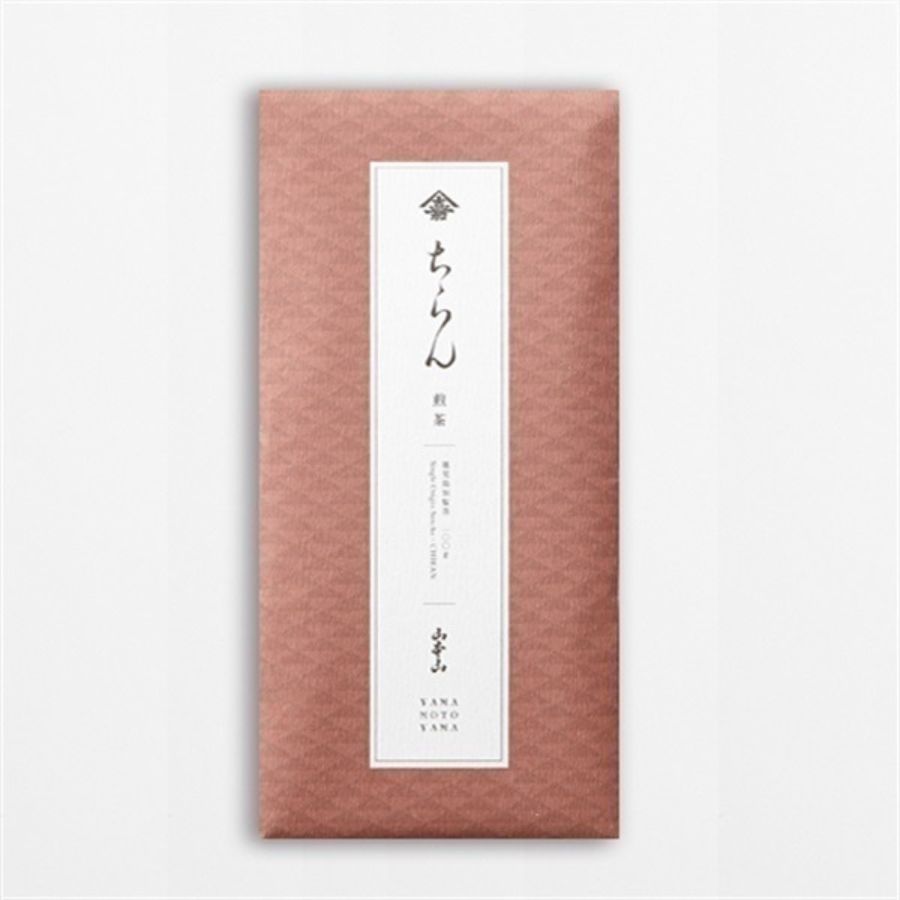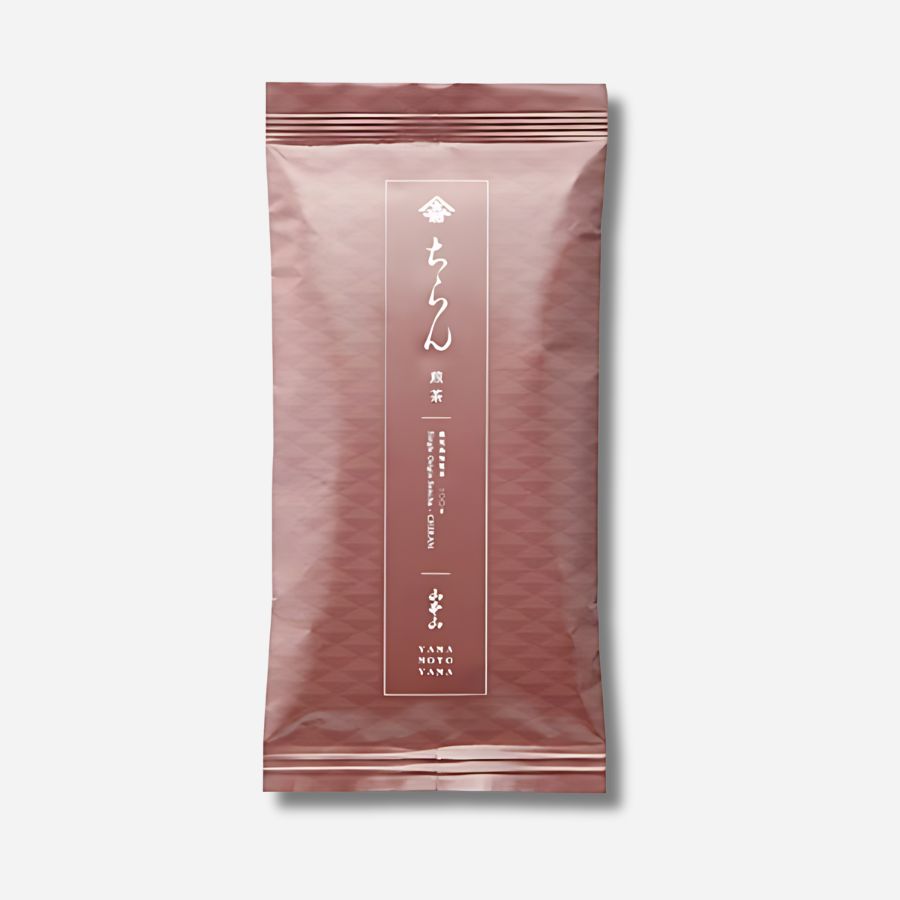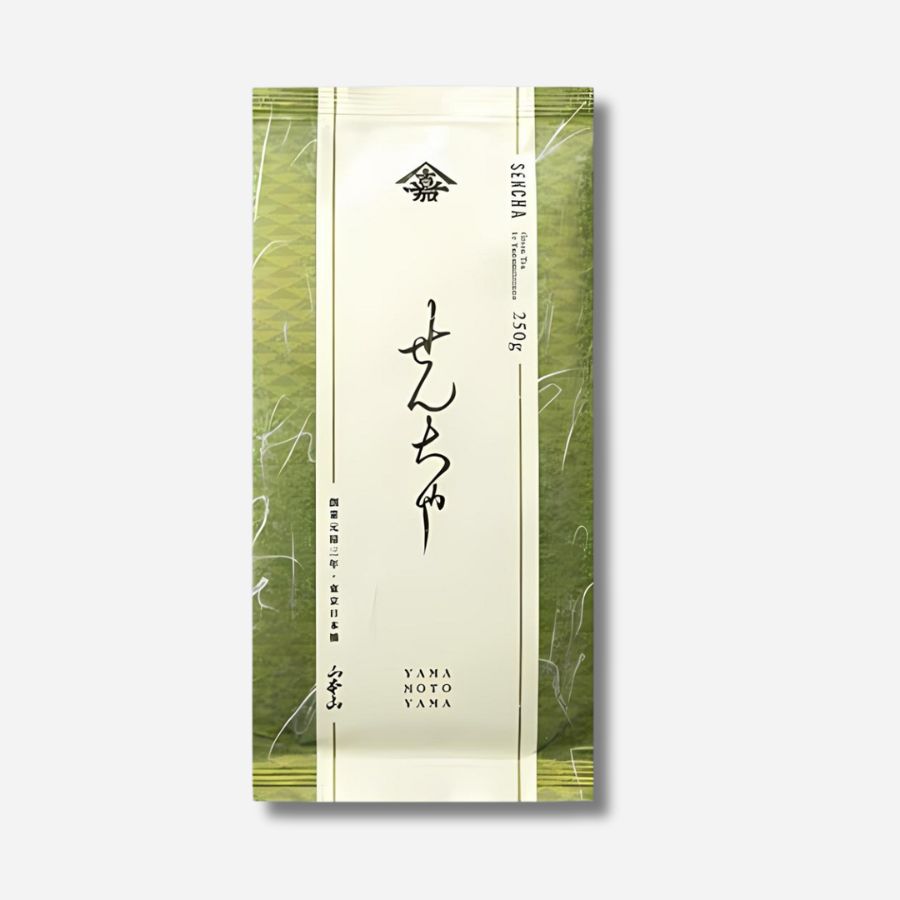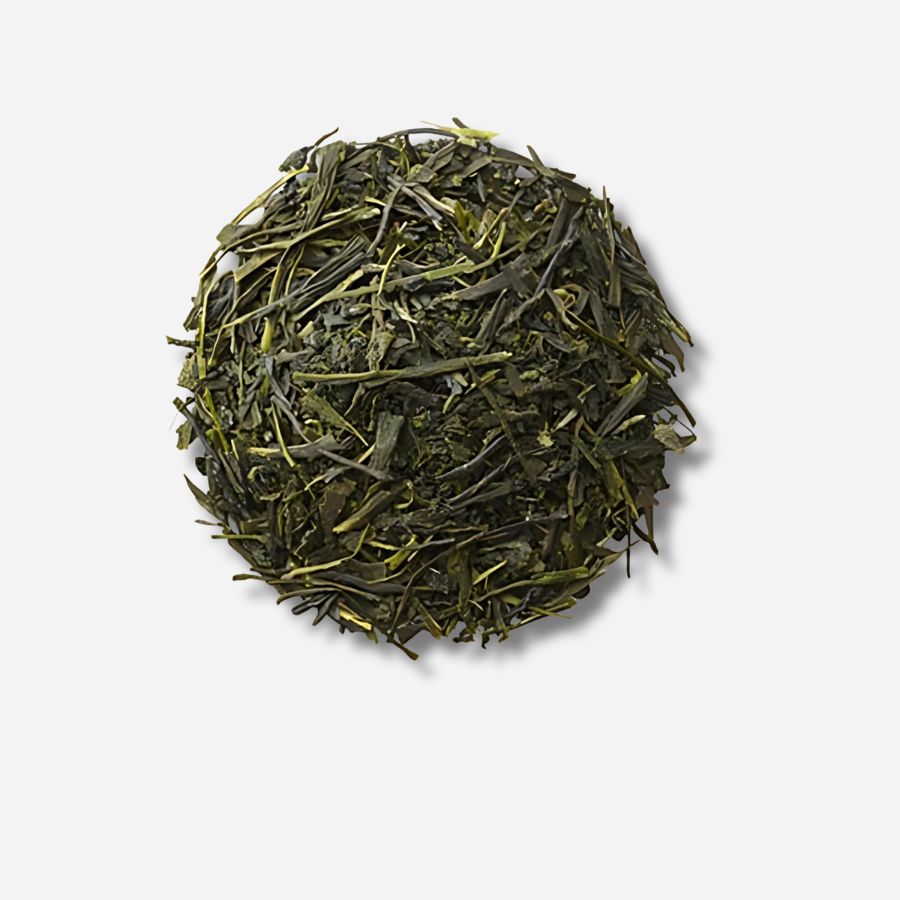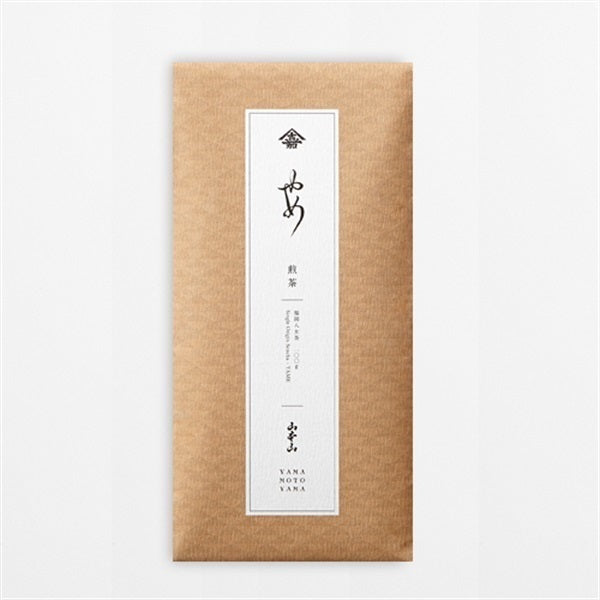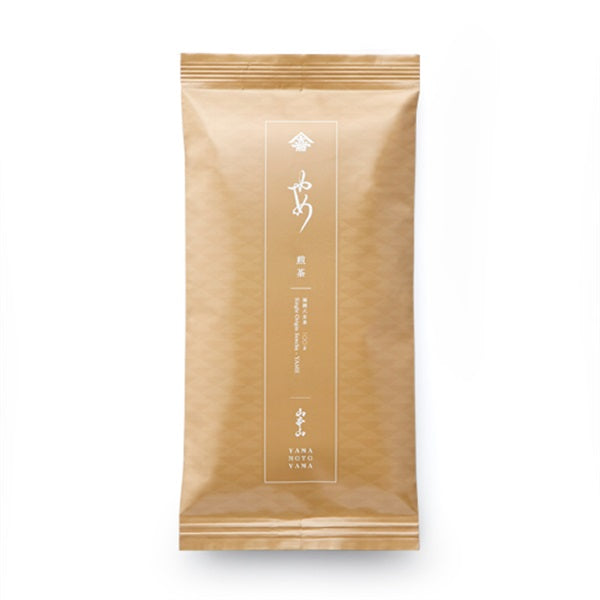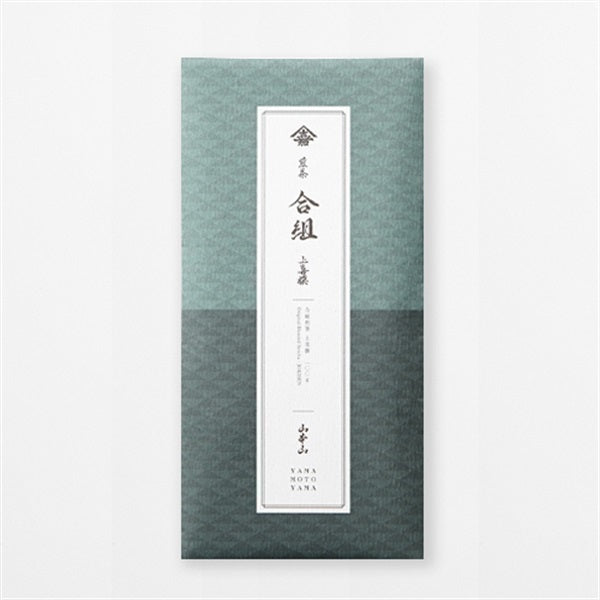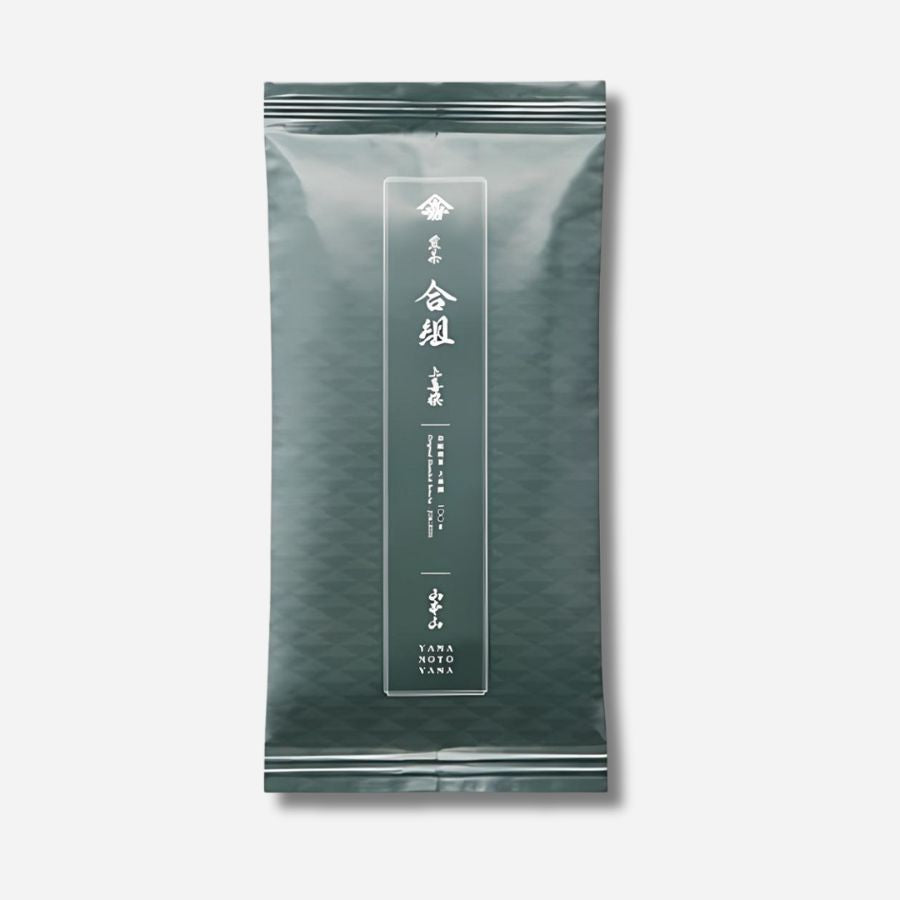
Green tea to prevent winter flu! Effective ways to drink it and gargle
- Introduction
- Green tea has powerful antiviral properties
- Why green tea is effective in preventing influenza
- "EGCG" directly blocks influenza viruses
- "EGC" strengthens the immune system and increases antibody production
- Experimental results reveal the effectiveness of green tea in preventing influenza
- How to drink green tea and how to consume it effectively
- Two green tea habits to boost your immunity
- summary
Introduction
Every winter, influenza prevention measures are essential.
There are many known ways to prevent influenza, such as vaccination and washing your hands and gargling, but one drink that you drink almost every day can also be effective in preventing influenza: green tea.
It has been scientifically proven that a certain compound in green tea has an amazing effect against the influenza virus. 
Green tea has powerful antiviral properties
Tobacco farmers have a long history of using green tea infusion to control the tobacco mosaic virus.
For this reason, it has long been known that green tea is effective against plant viruses.

Based on this knowledge, in recent years, numerous studies have been conducted on the effects of catechins (epigallocatechin gallate (EGCG) and epigallocatechin (EGC)), which are components of green tea, against disease-causing viruses, particularly influenza viruses.
As a result, numerous studies have demonstrated that the catechins contained in green tea have a strong antiviral effect against the influenza virus. 
Why green tea is effective in preventing influenza
1. EGCG directly blocks influenza viruses
First, epigallocatechin gallate (EGCG), a major component of green tea, has strong bactericidal and antibacterial properties and suppresses the growth of viruses and bacteria.
In particular, against influenza viruses, it works by penetrating the spikes (the spiky parts) on the surface of the virus, thereby preventing the virus from entering cells.
Interestingly, EGCg has extremely high antiviral activity and has been shown to be effective even when diluted several dozen times more than the usual drinking concentration.
Recent research has also suggested that EGCg may induce apoptosis (self-destruction) in virus-infected cells, thereby suppressing viral proliferation.
In addition, they also help prevent infection by attaching to the cell surface and forming a barrier against viruses.

2. EGC boosts immunity and increases antibody production
On the other hand, epigallocatechin (EGC) works to boost the immune system in our bodies.
When foreign substances such as bacteria or viruses invade our bodies, immune cells called macrophages activate and produce antibodies to fight against them.
Epigallocatechin (EGC) contained in green tea activates the function of these immune cells and increases antibody production, thereby strengthening the defense response against foreign substances.

Experimental results reveal the effectiveness of green tea in preventing influenza
The theory that green tea is effective in preventing influenza is being studied in a wide range of fields, from basic research to clinical research, and its effectiveness has been suggested.
In clinical experiments conducted by Tadakatsu Shimamura, professor emeritus at Showa University School of Medicine, it was found that when the influenza virus was brought into contact with green tea extract, the virus was inactivated within a short period of time.
These results support the powerful antiviral effects of green tea.

The researchers then performed experiments using animal kidney cells.
After infecting these cells with the influenza virus, they investigated whether the influenza virus could be suppressed by adding catechins contained in green tea.
As a result, it was revealed that epigallocatechin gallate (EGCg), a component of green tea, strongly inhibits the virus from entering cells.
In addition, experiments using pigs and mice have also reported that consuming the catechins contained in green tea reduces the incidence of influenza.

In addition, clinical trials involving humans have provided data suggesting that gargling with green tea may be effective in preventing influenza.
In comparative experiments with commercially available mouthwashes, it was confirmed that green tea was equally or more effective at preventing influenza virus infection, and gargling with green tea is attracting attention as a simple and effective method of preventing influenza.

How to drink green tea and how to consume it effectively
Gargling with green tea is a simple and effective method of preventing influenza, so it is recommended that you make it a part of your daily routine.
Although there will be individual differences depending on how one gargles, there is no doubt that catechin has a strong antibacterial effect, and the clinical experiments conducted by Professor Shimamura mentioned above have proven that this effect is apparent regardless of the type of influenza.
If you gargle with green tea, it is more effective to use only the first or second brew.

Prevention can be more effective if you do it frequently, such as when you wake up in the morning, before going out, and after returning home.
In particular, if you feel any discomfort in your throat, we recommend gargling immediately.
Green tea brewed with hot water is rich in EGCG, which fights off viruses, and drinking strong sencha tea can help prevent infectious diseases such as influenza.
You can more effectively protect yourself from viruses by drinking hot green tea before going out, and then letting the hot green tea cool to body temperature when you get home and gargling with strong sencha tea.

Two green tea habits to boost your immunity
To prevent influenza and infectious diseases, it is important to utilize the power of the catechins contained in green tea, especially epigallocatechin gallate (EGCG) and epigallocatechin (EGG).
As mentioned above, the powerful effects of EGCG are well known, so it is important to take EGC regularly.
Cold-brewed green tea is rich in EGC, which boosts the immune system.
Green tea brewed with hot water contains equal amounts of EGC and EGCG, but it is said that the effects of EGC are likely to be countered by EGCG.

Brewing with cold water reduces the extraction of EGCG and reduces the effect of EGC, so you can expect a greater boost to your immune system.
Another advantage of brewing at a low temperature is that the tea has less astringency, bitterness, and caffeine, making it easier to drink.
By getting into the habit of drinking cold-brewed green tea every day, you can boost your body's resistance and protect yourself from various infectious diseases.
In addition, when influenza or colds are prevalent, drink hot tea and gargle with the tea before and after returning home.
Combining these habits will help you live a healthier life more effectively.

summary
As such, the catechins contained in green tea have a strong antiviral effect against the influenza virus, and drinking it on a daily basis or gargling with green tea can be expected to be effective in preventing influenza.
Green tea also has various benefits, such as maintaining oral health and supporting health from the inside of the body.
For example, catechins suppress bacteria in the mouth and help prevent cavities and bad breath, while the fluoride in tea strengthens tooth enamel and keeps teeth healthy.
In addition, catechin has antioxidant properties and is thought to help prevent aging and lifestyle-related diseases by removing active oxygen from the body.
Don't just limit it to cold and flu season, make it a daily habit.

